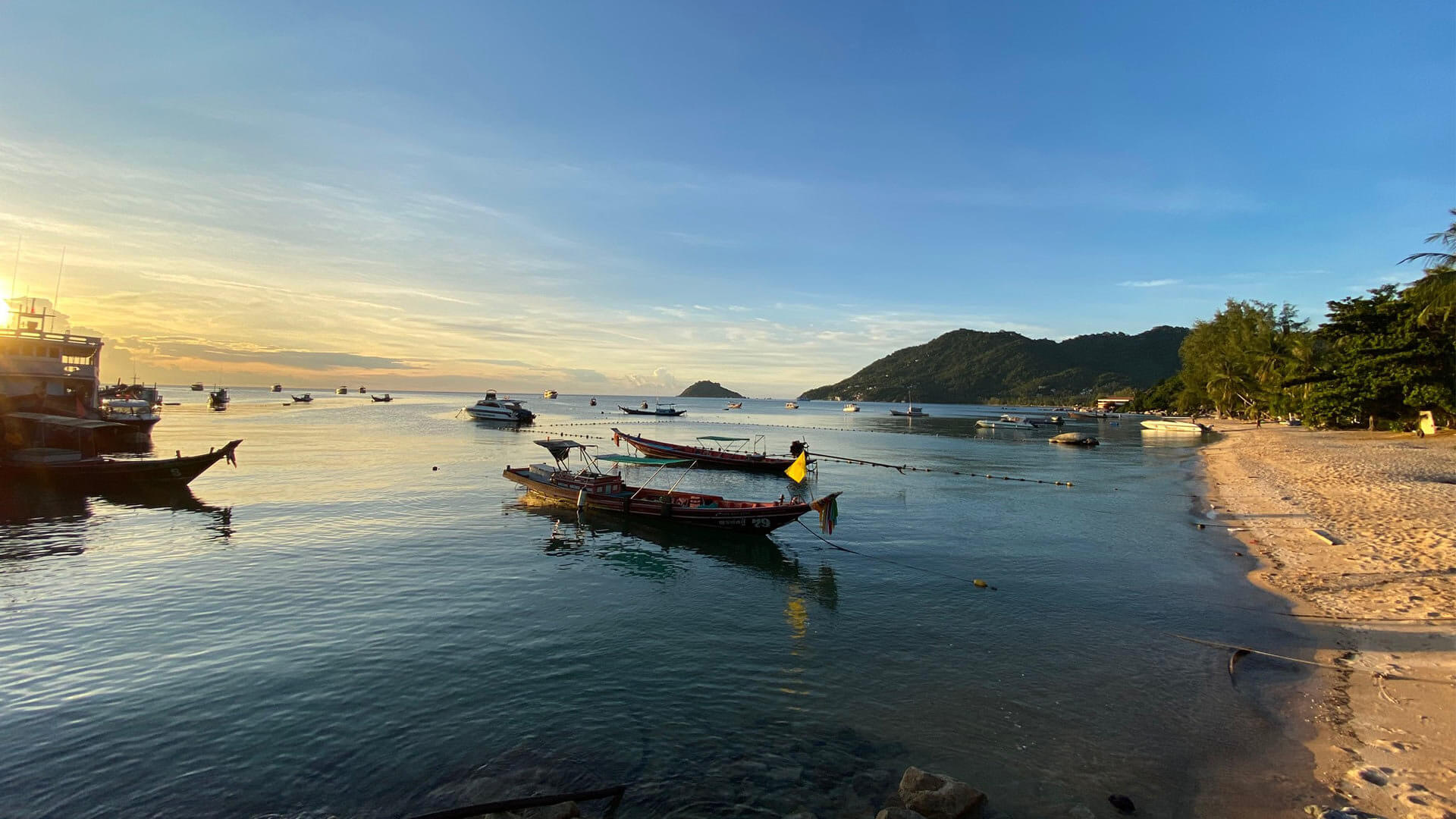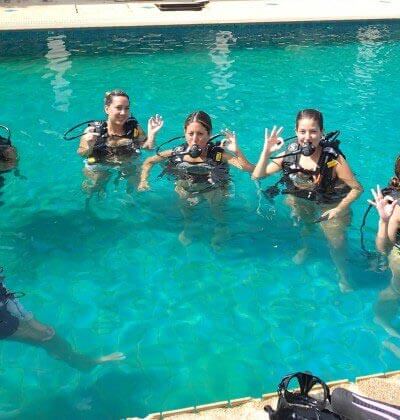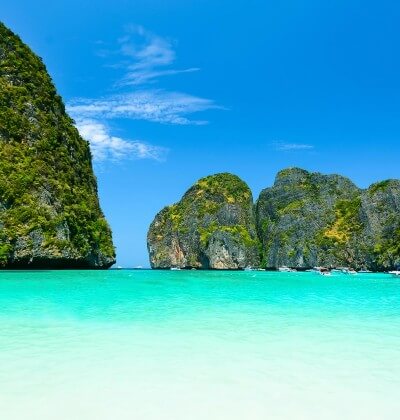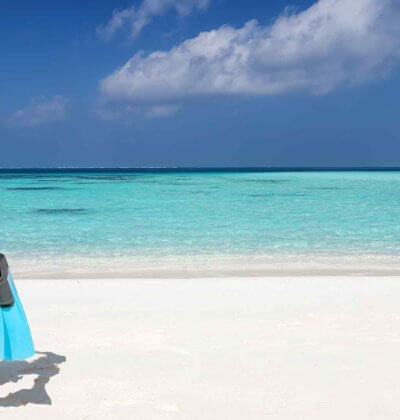Things you cannot do straight after scuba diving
During your PADI Open Water course you learnt that there are some things you cannot do straight after scuba diving. We can all remember that we cannot fly after scuba diving however there are quite a number of other things we should avoid doing as well.
All have to do with the build-up of nitrogen in our body and all heighten the risk of decompression sickness and should be avoided.
As you will read, a lot have not been tested. They are however recommendations from experts in the field based on their knowledge.
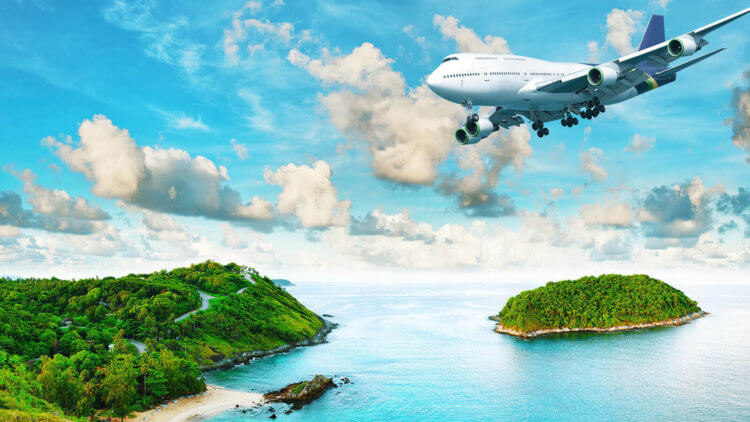
Flying Scuba Diving Aussie Divers Phuket
1. Flying after scuba diving
As we have all learnt previously we cannot fly after scuba diving. PADI recommends 12 hours after a single dive and 18 hours after multiple dives. A lot of divers wait 24 hours just to be sure.
More detailed information about flying after scuba diving in this blog.
Yes, reaching for a beer after a dive is not a good idea. There are a couple of theories why.
First one is that goes hand in hand with the common scuba diving problem of dehydration. More about that in this blog.
Alcohol further dehydrates you which interferes with the release of nitrogen from you body. Some say that dehydration is one of the biggest contributors to DCS and alcohol aids that.
The first drinks that we should be talking after scuba diving if those that will rehydrate us. Not alcohol or caffeine based drinks.
The second issue is if you drink a lot. The alcohol can mask the symptoms of DCS and thus delaying treatment if you do have DCS.
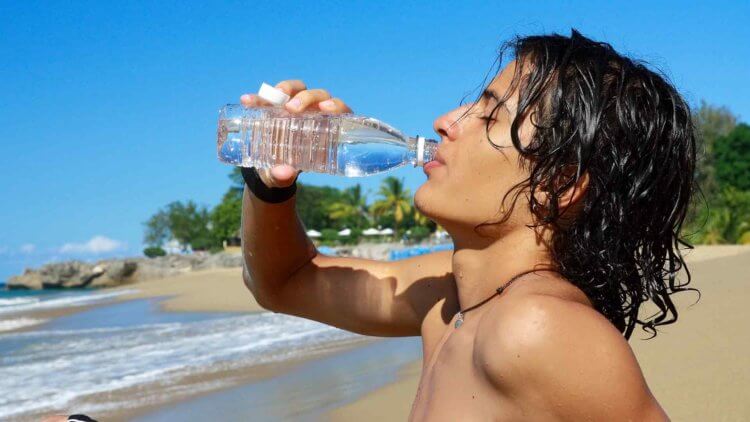
Drink Water Dehydration Aussie Divers
3. Hot showers, Baths or Spas
Relaxing in a hot tub – As the body warms up and circulation improves, there is an increased chance of bubble formation.
According to DAN:
Since the solubility of gas is inversely related to temperature, tissues will hold less in solution as they warm. Warming tissue with significant loads can promote bubble formation. Since the warming of the superficial tissues precedes the increase in blood flow, such bubbles can become problematic before the circulation can remove them harmlessly.
In short, while there haven’t been any reported cases of DCI that have, without a doubt, been caused by exercise after diving, the general recommendation is to avoid hard exercise for 24 hours before to 24 hours after scuba diving, especially when doing long, deep, or repetitive dives
We all know that smoking is and the effects that it can have on general health. However with scuba diving there are additional issues.
Smoking induced emphysema can produce air-filled dilations in your lungs. These small spaces of trapped air can expand when you ascend during a dive, markedly increasing your chances of pulmonary barotrauma (burst lung) and arterial gas embolism both which can be fatal.
https://www.dansa.org/blog/2016/12/15/smoking-diving
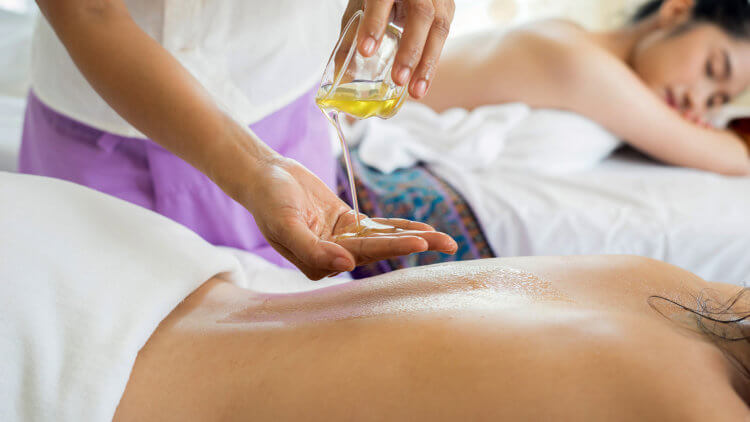
Massage After Scuba Diving Aussie Divers
6. Massage
I love a massage as much as the next person and they is no better way to unwind after a tough day. Although there has been no formal study and no know cases of DCS after a massage, it maybe a good idea to wait a while. DAN suggests a massage will increase blood flow and this in turn can possibly move smaller nitrogen bubbles into one large bubble.
DAN quotes ” There is no clear sense of what massage might do and this effect would likely vary depending on dive profiles and intensity of the massage. We should note that massage has not been confidently associated with any of the cases of DCS that have come to us, and we are not aware of any study done to address this question. The clearest piece of advice is that deep tissue massage should probably be avoided, so that the potential of post-dive pain and diagnostic confusion are minimized.” -Dr. Nick Bird MD.
Posted in Everything Else on .

